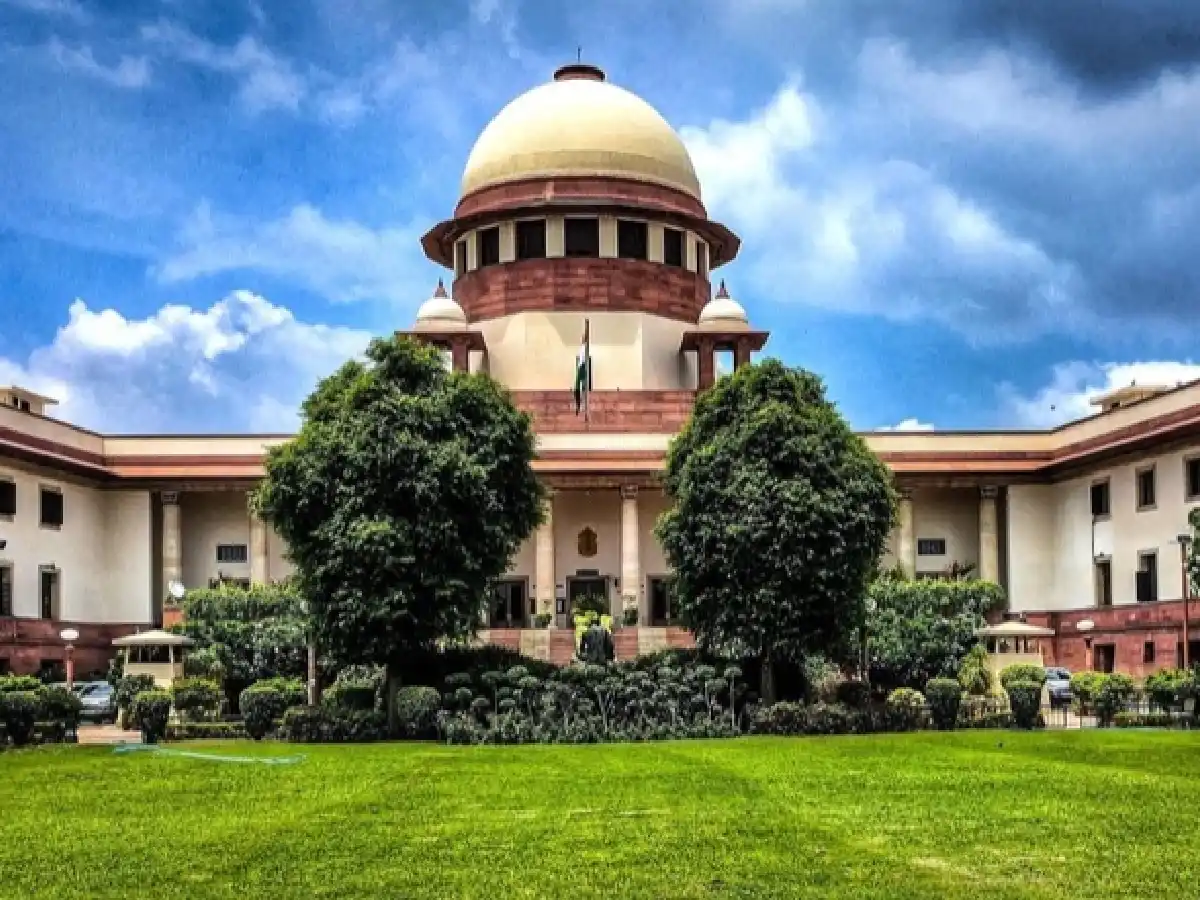On Tuesday, the Supreme Court made a significant ruling regarding private properties, stating that the government is not allowed to take possession of all private properties. The court reversed its own 45-year-old ruling that allowed the government to take private property, issuing a new decision on the matter.
The majority decision was given by a nine-member Constitution Bench led by CJI DY Chandrachud. Seven judges supported it, Justice BV Nagarathna partially supported it, and Justice Sudhanshu Dhulia had a dissenting view. So, the decision was supported by most with a vote of 8-1.
The Constitution Bench recognized that Justice V Krishna Iyer’s previous ruling was influenced by a unique economic and socialist ideology. This ruling stated that the government has the right to take possession of all privately owned properties. The Chief Justice of India remarked that it is incorrect to assume that all private properties will become communal assets. Justice Iyer’s ruling was founded on a unique economic belief system.
CJI Chandrachud stated that it is not the court’s place to determine economic policies as they have been chosen by the people through government elections. If all individual possessions are viewed as communal assets, it will weaken the fundamental ideas of the Constitution.
Additionally, he mentioned that the economy has shifted since 1990 and is currently centered around a market-driven economic model. The Chief Justice of India claimed that India’s rapid economic growth is attributed to the implementation of dynamic economic policies.
The Constitution Bench also stated that Justice Iyer’s opinion was founded on socialist ideologies and cannot be endorsed. In 1977, during the Karnataka vs Ranganath Reddy case, Justice Iyer referred to private properties as belonging to the community. In the case of Bharat Coking Coal Limited in 1982, a panel of five judges from the Supreme Court concurred with the ruling made by Justice Iyer.
The Supreme Court stated that the nation’s economic structure has shifted, with a significant emphasis now placed on the private sector. Granting complete power to the government to obtain private properties will deter investment. The Constitution Bench stated that if the intention was there of the Constitution makers, it would have been explicitly written.
Justice BV Nagarathna, a bench member, partly supported this ruling and disagreed with the criticism of the old decisions. Justice Sudhanshu Dhulia expressed a divergent viewpoint compared to the remaining eight judges.

